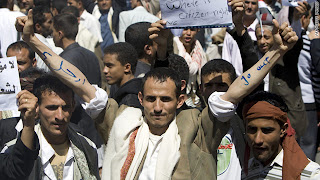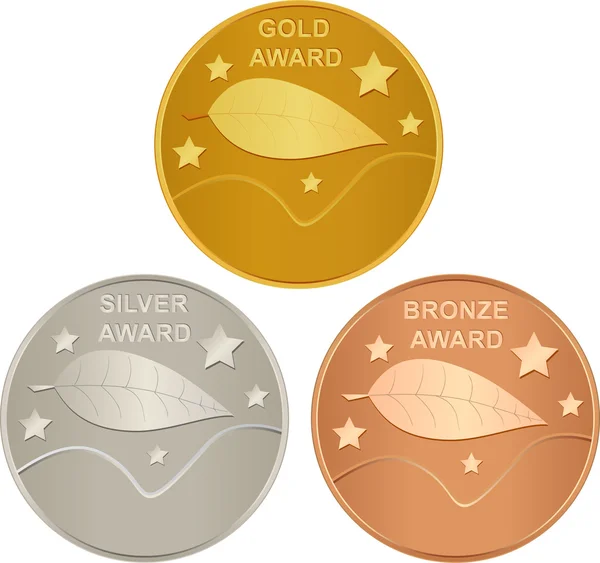As we near the end of the year in Ethics class, my final question is what was your favorite part of the class? Which lessons stayed with you most?
As we near the end of the year in Ethics class, my final question is what was your favorite part of the class? Which lessons stayed with you most?
Ethics, this year, was a great class for me to take. It introduced me to a lot of really random, interesting topics that I knew nothing about until this class. It also challenged me to think crictically, something that I've always needed to learn to do and never have.
This week in class: (I'm going to speak about this year.)
TED is an organization that has really brought a lot to light for me, and since this class was based loosely around TED, it really did become one of my favorite classes. I love the idea of TED. The most important thing the world needs to do is communicate with one and other about ideas and share the ways in which to take action in changing and fixing the problems of today. I think TED brings about that creative energy while still being an incredibley useful source of information. The speakers are extraordinary. They are the true leaders of the world without being in a traditional mode. They are innovators, specialists and people who are open to listening and working to create the best world this Earth can be.
Because of this class, I was able to attend the TEDxteen conference in New York City in April. It changed my entire year. It could, possibly, be one of those events I look back on and say "that's when I got it, that's when I changed." I listened to speakers, but not old men with PHDs who had invented some amazing astronomy tool, but kids. Young adults, my age or just a few years older, who had created and taken action about something they cared about. It was amazing to me. One kid was thirteen years old when he started his own political party. Another wrote the best selling book about sea turtles in the world in order to capture more sea turtle awareness for his beloved endangered species. Another, an artist, drew one simple phrase all through New York City that spread throughout the world, "love me." I could not help but think "why not me?" I spoke to these people, had conversations with them and realized that I, too had the power and confidence to do something amazing.
So I've started to. My friends and I are forming our own TED conference. I want it to be the kind of thing that has every kid going away with the same feeling I had at the end of TEDxTeen. I want them to think that they are able to do something really amazing in the world. I want everyone to know that this generation is going to fix all the problems our parents have created. We are resourceful, creative and know how to communicate with one and other efficiently. I want to direct my peers and fellow young people down this path. I want to be proactive and active in my own life, as well. I want to make a difference. I want to do something big.
Question for next year.
Can I do it?














 vs.
vs. 